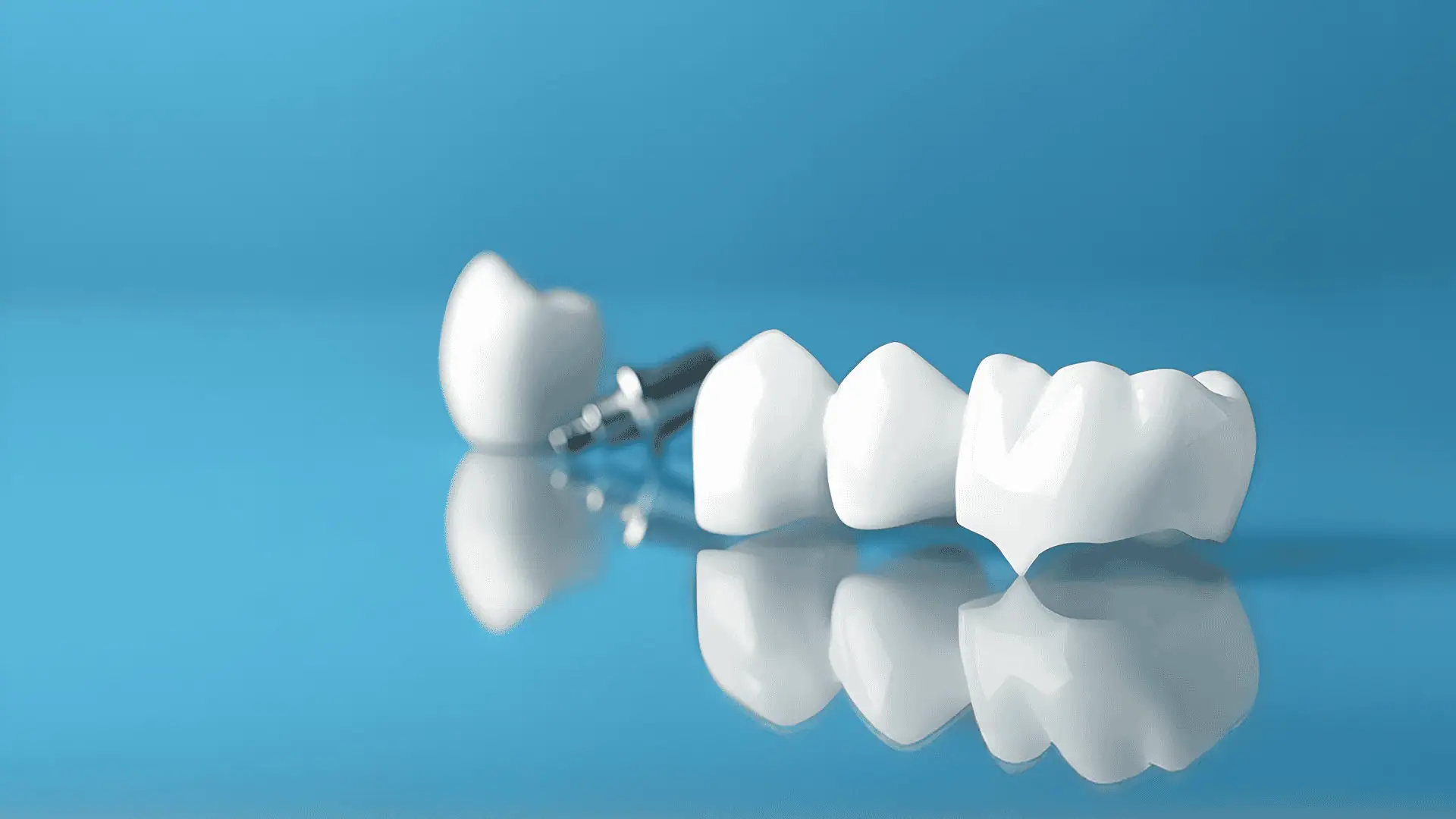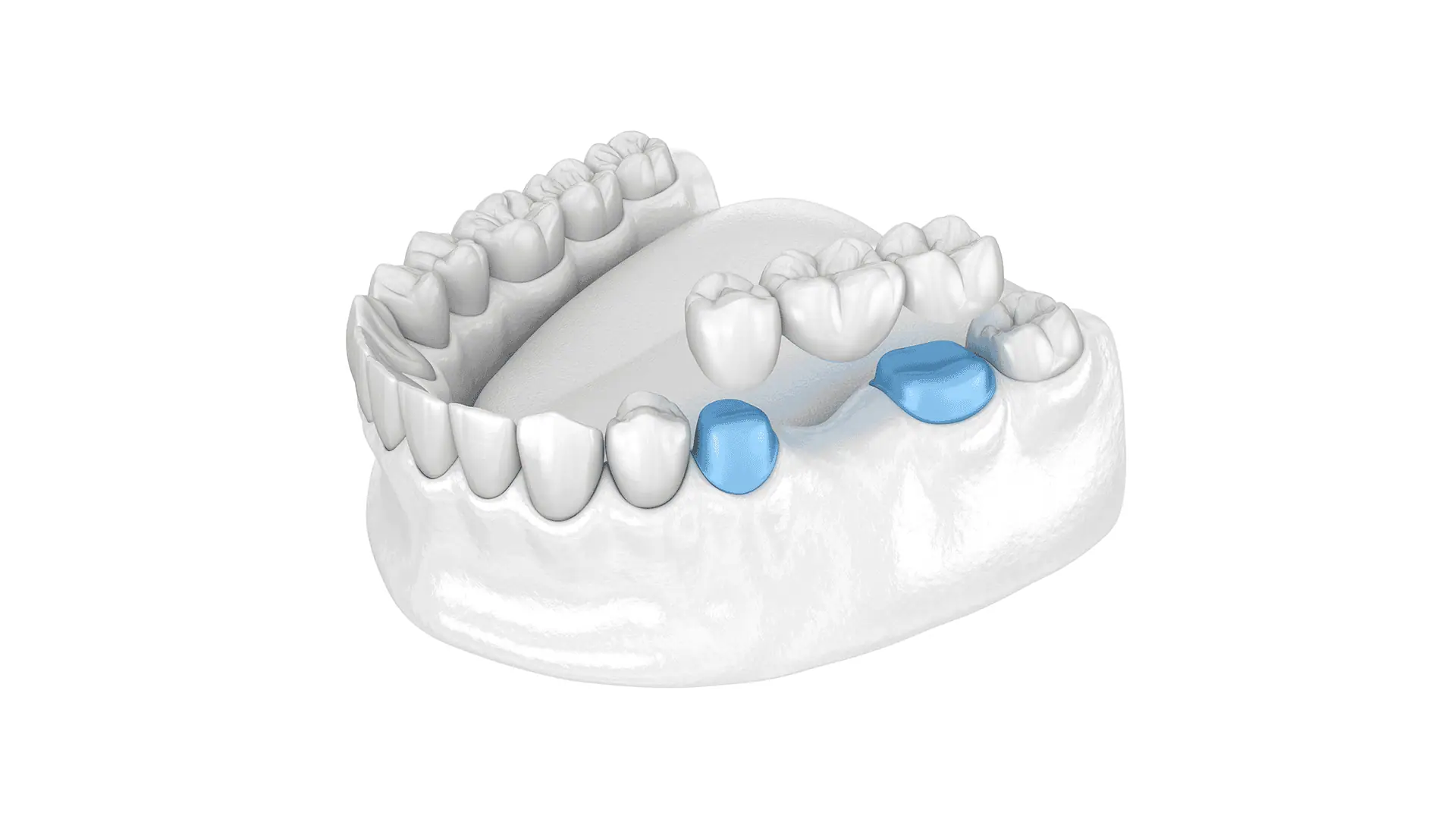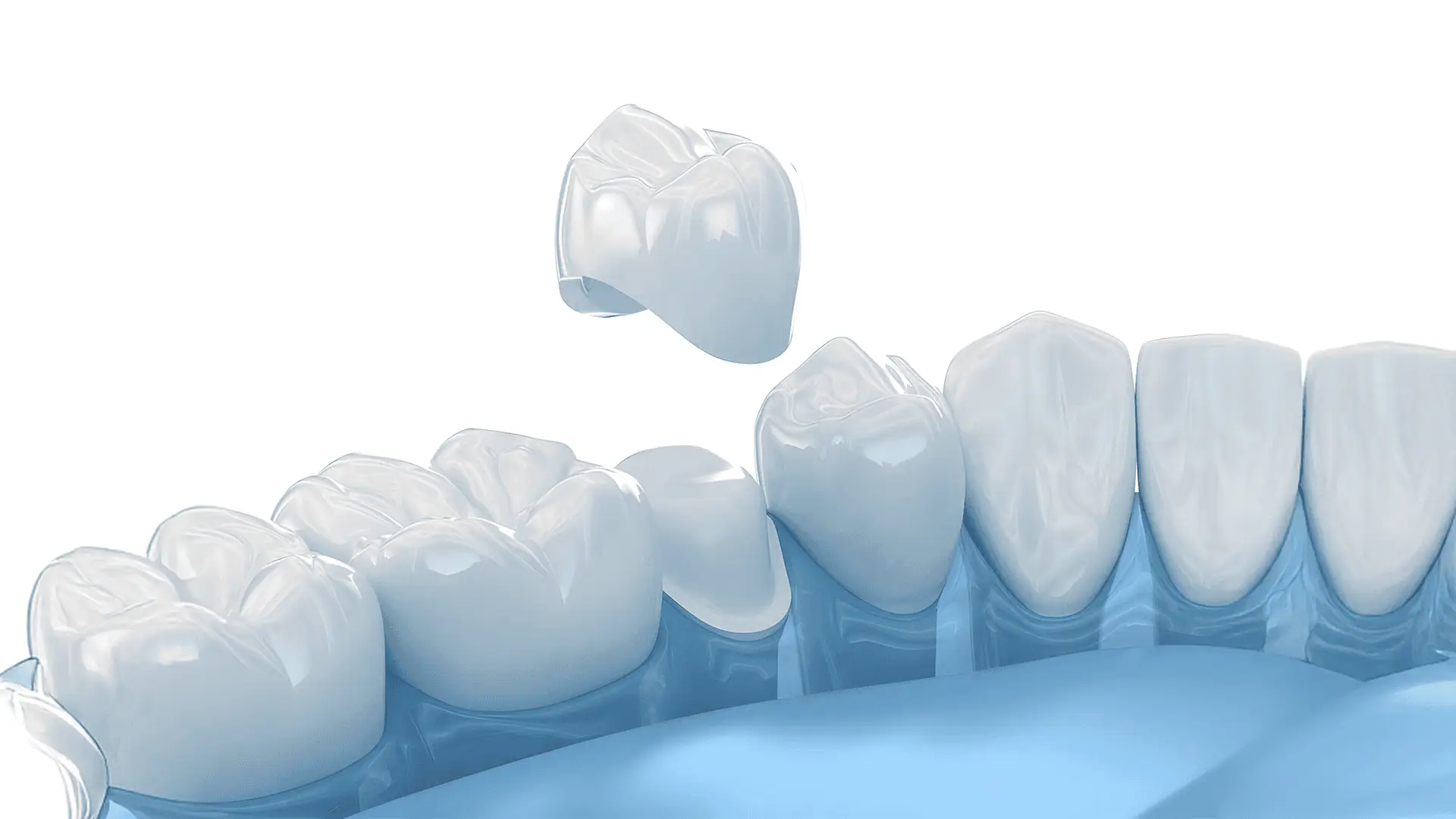Understanding the Pros and Cons of Dental Bridges
Oct 25, 2024

We’ve all likely heard of dental bridges before, but what exactly are they, and what makes them stand out from other traditional dental treatments? If you’ve recently found yourself missing a tooth, you’re likely more interested in knowing all the different solutions available to find the one that’s most suitable for you. While traditional bridges might sound a bit technical, it’s a pretty straightforward and comfortable procedure designed to fill gaps in your smile without being invasive.
There’s a reason dental bridges are so widely used all around the world. As false teeth secured by crowns are used to “bridge” the gap left by a missing tooth, they provide a comfortable and safe option for restoring the appearance and functionality of your original smile. But, as with any dental procedure, there are always pros and cons to be considered before making any lifelong dental decision.
A missing tooth plants the seed for dental disaster, and the longer you go without addressing it, the harder it’ll be to treat your worsened dental health. The gap left behind can wreak havoc on your teeth, and we’re not only talking about the appearance. The absence of a tooth also leads to misalignments, causing the surrounding teeth to shift out of place, potentially leading to bite issues and increased wear on them.
Dental bridge treatments are rather valuable in this situation as they use one or more artificial teeth (pontic teeth) and are held in position by dental crowns placed on natural teeth or implants next to the gap. They secure your bite so that it stays balanced, assist in keeping your jaw aligned, and stop your natural teeth from shifting.
Table of Contents
Dental Bridge Benefits

Restoring Normal Functions: The ability of dental bridges to restore normal speech and chewing is one of its main benefits. With a traditional bridge in place, you may talk fluently and eat your favorite meals without worrying about pronunciation errors caused by gaps.
Enhanced Aesthetics: By filling in the space created by missing teeth, dental bridges can dramatically improve the appearance of your smile. Your confidence will soar as a consequence of their flawless appearance, which is crafted to mimic the color and texture of your healthy teeth and perfect smile.
Preventing Tooth Shifting: Dental bridges assist in keeping your natural teeth in their proper alignment. This keeps them from moving into the empty space, which could cause more dental problems like bite disorders or misalignment.
Durability and Longevity: Porcelain and ceramic are materials used in common types of bridges, and they are both resilient and long-lasting. In the long term, they are an affordable alternative because they can survive for many years with the right upkeep and proper care.
Minimal Surgical Intervention: The procedures needed to install dental bridges are typically less intrusive. In order to support the bridge, the neighboring teeth must typically be reshaped during the dental bridge procedure, which makes this a speedier alternative for smile restoration.
Versatility: Dental bridges can be used to replace a single tooth or more in a row in a variety of dental restoration situations. They are also used with a variety of patients because of their adaptability.
Dental Bridge Disadvantages

Impact on Adjacent Teeth: The process of placing a dental bridge typically requires altering the structure of the teeth nearby, which may compromise their health over time, as these teeth generally need to be filed down to support the crowns, which can potentially lead to sensitivity or raised risk of tooth decay and tooth extractions in the long run.
Potential for Gum Disease: Dental bridges can trap food particles and plaque around the area if not maintained properly, leading to gum disease—which can be pretty detrimental to your dental health and hygiene over time.
Cost Considerations: The dental bridge cost is generally lower than that of permanent restoration solutions, but they can still represent a significant expense depending on the material used and the complexity of the case. Some insurance plans may not cover the full cost; this leaves patients with out-of-pocket expenses to think about.
Limited Lifespan: Dental bridges can be long-lasting, but not for a lifetime. Unlike permanent tooth implants, temporary bridges need to be replaced every 5-15 years, which can cost you more than other treatments later on.
Risk of Discomfort: Dental bridges cause some patients to experience discomfort or sensitivity, especially if the surrounding teeth were significantly adjusted during the placement. This discomfort is typically temporary but can be a concern for some.
Not Suitable for Everyone: Dental bridges may not be the greatest solution for patients with severe gum disease or those who lack nearby teeth for support, and in such cases, alternatives to dental bridges like dental implants or dental crowns may be recommended by your dentist instead.
On your own, it can be difficult or even overwhelming to figure out the best treatment plan for your case and your general preferences. Not all treatments feel and function the same for everybody, and choosing the wrong treatment can sometimes be costly, uncomfortable, and come with undesirable results.
As such, understanding the pros and cons of dental bridges can help you make the most suitable decision for you and your oral health overall. If you prioritize restoring your smile’s aesthetics and functionality with a less invasive procedure, dental bridges may be a great option for you. If you’re concerned about the long-term implications on adjacent teeth or the potential for gum disease, discussing permanent solutions like dental implants might also be worthwhile.
It’s always best to ask dental professionals for the best course of action you could take regarding dental restoration treatments. An experienced dental clinic in Dubai, such as Swedish Dental Clinic, can evaluate your condition during dental visits and provide all the information needed to make the right decision for your oral needs. It’s always best to stay safe than sorry, especially when it comes to dental care and keeping your teeth healthy!

Dr. Nabil Mockbil, DDS, BDS
Dr. Nabil Mockbil is the head of Swedish Dental Clinic and one of the most experienced orthodontists in Dubai. By demonstrating incredible skills and embracing a kind attitude, he's proven to be not just a brilliant dentist, but someone you can fully trust with your smile. With 20+ years of experience under his belt and a warm smile on his face, you're search for the best orthodontist in Dubai ends with him.




